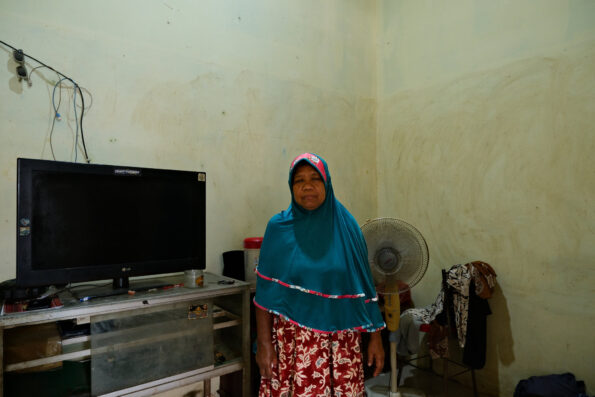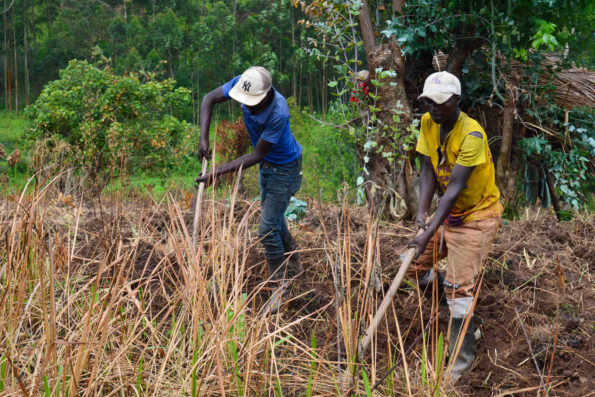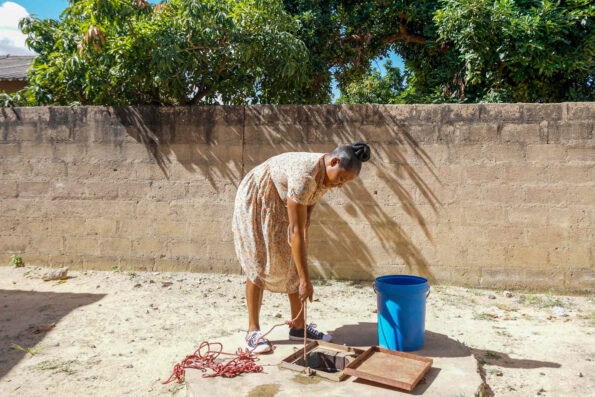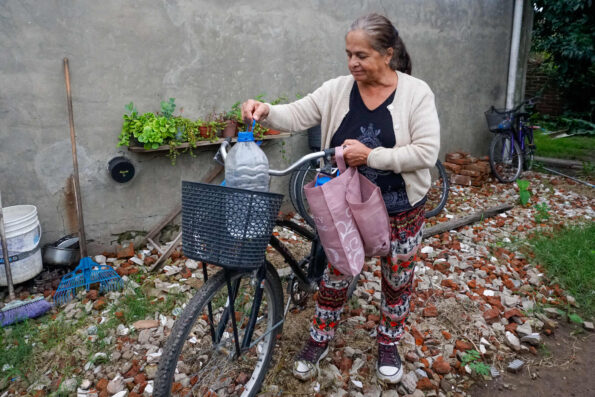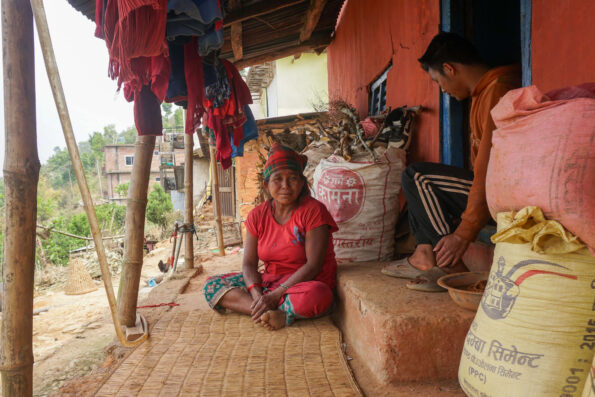
Brenda Leticia Saloj Chiyal, GPJ Guatemala
Manuela Rocche buys tomatoes from a market in San Pedro La Laguna near Lake Atitlán in Guatemala where plastic bags and other plastic packaging materials have been banned since January.
SAN PEDRO LA LAGUNA, SOLOLÁ, GUATEMALA — Upon becoming mayor of San Pedro La Laguna, a town in the highlands of southwestern Guatemala, Mauricio Méndez decided to focus on something very simple yet valuable for his community.
The town’s solid waste disposal plant was deteriorating. The specter of huge costs to replace it, and fears that debris would end up polluting Lake Atitlán, considered one of the most beautiful lakes in the world, led community leaders to pass a stringent anti-plastic bag law.
San Pedro La Laguna law 111-2016 became effective in January. It prohibits plastic bags and straws, Styrofoam containers and all packaging materials made of polystyrene.
“This project was born out of necessity,” Méndez says. “The project was thought up so that all of us help in the lake’s conservation, care for the environment and the lake.”
In outlawing plastic bags, San Pedro La Laguna become the first place on Lake Atitlán and the third municipality in the country after Cantel, Quetzaltenango and San Juan Sacatepéquez to do so.
The move is popular in this municipality of about 11,000 in which 77 percent speak Tz’utujil, the language of one of Guatemala’s 21 indigenous Mayan groups. Most of the town’s commerce is from tourism and is based around the lake.
The new law is especially well-received by San Pedro’s older citizens. Using banana leaves and cloth bags in shops takes them back to days before plastic bags were prevalent.
“Now we go to the tortilla shop with a basket … to the bakery with napkins,” says resident Dolores Puac. “[We] use the hoja del maxán at the butcher shop, go shopping at the market with a basket or a woman’s apron.
“The elders are grateful for the work that the mayor is doing in the community. The children look happy seeing the example of their elders in the street, school, market,” Puac says.
Clemente González, a grandfather and a vendor, says he supports the new law.
“We don’t want to lose the culture of going swimming in the lake and, for that reason, the care and appreciation of it is required,” he says.
San Pedro residents, like Manuela Rocche, suggest the initiative can be copied throughout the towns surrounding the lake to assist in the common goal of conservation.
“It’s the work of everyone to conserve the lake and to contribute to not using things that do harm,” Rocche says.
Now that that community has rid itself of plastic bags, Mayor Méndez is focused on additional environmental projects.
For 2017, he and the municipal board plan to propose that environmental courses be integrated into the nation’s curriculum. The idea is for it to be included in study plans for all levels and be applied throughout the country, he says.
By 2019, another goal is to make sure all residual wastewater treatment plants in Lake Atitlán basin are functional, “given that the pollution situation is critical and we shouldn’t wait more,” Méndez says.
He notes that this is a priority of the Ministerio de Ambiente y Recurso Naturales, Guatemala’s environment and natural resources ministry.
He promises San Pedro La Laguna will be on the forefront of this change as well.
Rishi Khalsa, GPJ, translated this article from Spanish.


